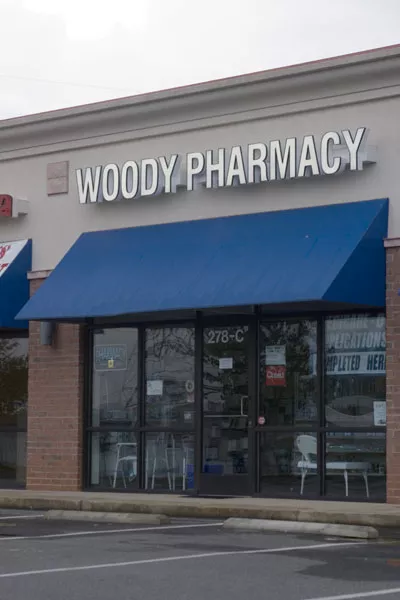Page 2 of 5
And in January 2004, when she wanted him to commit suicide alongside her, he agreed, Candy said.
Three months after Calaveras County sheriff's deputies found Ryan and Leisa, dead and holding hands on Ryan's bed, Candy Kelly turned to one person she hoped might offer some answers. "I don't know what I want to know from you," she recently recalled telling Ryan and Leisa's psychiatrist. "All I know is that I need something."
What the psychiatrist said next eventually would lead her all the way across the United States in search of answers: The anti-depressant Leisa and Ryan had used to overdose had not come from him. "I was stunned," she recalled. "I said, 'Well, who did they get them from?'"
That's when she first heard the name Dr. Everett Echols. Later, she would learn he told the medical board he authorized as many as 1,000 prescriptions a day, earning $3 a pop. He didn't even need to get dressed, much less don a white coat or hold a stethoscope to a patient's chest.
Echols, she would learn, was working for an online pharmacy called RX Medical. In doing so, he had become just a small cog in the wheel of an industry that runs counter to many state and federal laws yet largely eludes the investigators charged with shutting it down.
Here's how the industry works: A person who wants a medication -- most typically something for pain, impotence or weight loss -- fills out a questionnaire on a Web site that can easily be found by simply typing a few words into a search engine. This questionnaire is supposed to constitute a medical consultation. An anonymous doctor is supposed to review the questionnaire and authorize the prescription, which is transmitted electronically to a pharmacy that then mails the drugs to a person's home.

- Angus Lamond
- The owner of the Woody Pharmacy in Mooresville, Alvin Woody, has had his pharmacist license suspended for allegedly operating an online pill mill.
This type of operation is what authorities suspect was going on at two pharmacies just north of Charlotte. The North Carolina Board of Pharmacy has alleged Woody Pharmacy, which has locations in Mooresville and Denver, was operating such a pill mill out of its stores. Its owner, Alvin Woody, did not return calls seeking comment but has denied the allegations elsewhere. The licenses of Woody and a handful of other pharmacists have been suspended pending a hearing. That hearing, originally scheduled for June 27, has been postponed until at least July 18, said Jay Campbell, the pharmacy board's executive director.
Drug treatment authorities in Charlotte say illegal Internet pharmacies have added another avenue for addicts to obtain their fixes. The illegal Internet operations can attract a different kind of user. "They're middle-class; they have credit cards; they don't really have access to the criminal element to buy drugs off the street," said Bob Martin, director of substance abuse services at Behavioral Health Center of Carolinas Medical Center -- Mercy Horizons. His colleague, counselor Ben Roberts, has termed it the "Desperate Housewives" phenomenon, after the popular TV show.
The doctors who work for such sites operate contrary to accepted medical practice and the law. The people who buy from them take chances with the medications they buy. Sometimes, the drugs come from countries where pharmaceutical standards or labeling is different. Other times, they aren't even the medication ordered. And sometimes, the drugs ordered are going to people with an addiction to feed or a disease that needs real face-to-face treatment -- and the results, as in the case of Leisa and Ryan Kelly, can be tragic.
Candy Kelly and her son, David, have sued the people and companies they believe violated either the law or professional duty and enabled Leisa and Ryan to commit suicide. The Kellys live in a state where suicides by Internet pharmacy drugs have drawn increasing scrutiny. Two other cases have received a lot of media attention: Ryan T. Haight, 18, of La Mesa, CA, died on Feb. 1 after overdosing on narcotics he bought online. And David and Sheila McKay, also living in California, sued after their son bought generic Prozac online, which he used to kill himself in August 2005. John McKay was 19.
No such cases in North Carolina have received known media attention. But several doctors have been disciplined for working for so-called pill mills. The frequency of sanctions has declined recently, "basically because of the seriousness of the action that we've taken against Internet prescribing and against these doctors," NC Board of Pharmacy spokeswoman Dena Konkel said. The board, through Konkel, declined to elaborate beyond what was available in public records.
Candy Kelly wonders why action -- permanent action -- wasn't taken against Echols sooner.
By most people's standards, Everett Echols probably shouldn't have been practicing medicine. In the early 1990s, convinced he and his medical partner had a cure for AIDS, Echols was contacting people who had the disease and promising them a cure. For a hefty price, of course.